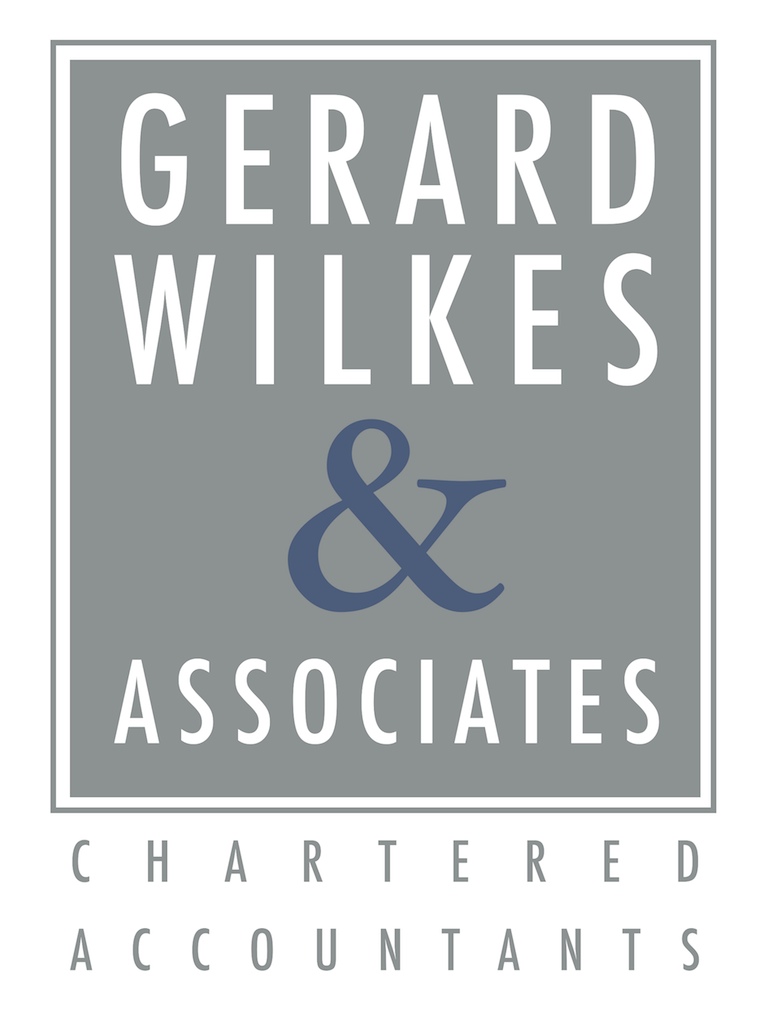
What is asset protection and why is it important for individuals and businesses?
Asset protection is a most important consideration for any person or business. Proper planning can eliminate or reduce the possibility of loss as a result of a legal claim made against a person or business. There are generally four ways of conducting a business: by way of a sole trader, a partnership, a trust or a company.
Sole traders and partners are fully liable for the debts of their business and can lose all their business assets and private assets, such as their family home.
In relation to companies and trusts the general rule is that shareholders of a company or beneficiaries of a trust are not responsible for the liabilities incurred by the relevant company or trust. These means that their private assets will in most cases be protected from business losses. However, there are exceptions to this general rule. For example, directors who are also shareholders of a company may be personally liable for unpaid tax liabilities or if the company is trading whilst insolvent.
Even so, individuals who operate a business via company or trust will be in a much better position than if they were carrying on the business as a ‘sole trader’ or through a partnership.
Another asset protection strategy is to ensure that business assets are held by a separate entity to the one which is carrying on the trading activities. This will ensure that these assets are protected from the creditors of the trading entity. For example, it is recommended that real estate be held in a separate trust and that the trust lease the real estate to a company which is carrying on the trading activities. In this way, the real estate ca be protected from creditors of the company.
Reliable and Tax Effective Asset Protection Strategies
It can take a lifetime to grow your wealth and asset base, but only a moment in time for it to be lost and taken away. The fact is Australia is one of the most litigious countries in the world. Consequently, there is no surprise that many people are protecting their assets against frivolous creditors and lawsuits and these protections are increasing.
Why spend a lifetime accumulating wealth and then leave yourself exposed to the risk of losing it all, all because there was no adequate asset protection plan or well thought out asset protection strategy? There are several mistakes when it comes to asset protection and prevailing myths that people have been led to believe regarding asset protection.
Below are eight (8) asset protection myths. If you need more information or assistance with your asset protection strategies, contact our team at Gerard Wilkes & Associates.
Asset protection is only for wealthy people.
Answer: False
Consider this scenario: If you held a net worth of $8 million, you would not be as affected by a $1 million lawsuit as someone else holding a net worth of just $1 million. The wealthier you are, the easier it is to pay the judgement and get on with life. Those with less assets could potentially lose everything, with bankruptcy the only option.
I’m not a lawsuit target because I don’t own a business
Answer: False
New South Wales is the third most litigious state in the world. Litigation is becoming a new favourite pastime because it’s easier to sue someone and get money than it is to earn it. No one is safe.
The only prerequisite for being a litigation target is owning assets of value to someone else. Those assets could include a family home, investments, money in your bank account, or your business.
I don’t need asset protection because I have insurance.
Answer: False
You cannot buy insurance as a hedge against every possible scenario.
There are limits to your coverage. For example, you may hold professional liability insurance to protect your assets from lawsuits relating to your business activities. However, that insurance will not help you if you were sued due to someone being hurt in a car accident that was deemed your fault.
If you’re sued and don’t have asset protection, you can transfer your assets to a family member.
Answer: False
Transferring all your assets to your spouse and/or children, especially after something has happened, will not protect those assets from being seized in a lawsuit. The courts will simply follow the paper trail and consider your family member a party holding those assets in trust for you.
I don’t have enough assets now, so I’m safe to look into asset protection later.
Answer: False
The time to set-up the basics for protecting your assets is right now. If you transfer your assets into an asset protection structure in the future and your assets have grown significantly in value, you may become liable for costly capital gains taxes and stamp duty.
Asset protection will cost me a fortune to implement.
Answer: False
Setting up an asset protection structure is relatively inexpensive. Legal fees will generally be considerably more expensive than a protection structure. To make matters worse, in the event you fall victim to a lawsuit, you may lose not only financially but also psychologically.
I have a Proprietary Limited Company, so my assets are secure.
Answer: False
Owning your business in a Pty Ltd company makes you a sitting duck for litigation. Why?
Because companies are owned by shareholders.
So, if you’re sued personally, everything you own in your name is up for grabs including your company shares. This puts your entire business at risk.
Asset protection is about hiding your assets.
Answer: False
Asset protection planning should be based on the presumption that all your planning, its purpose, and those assets will eventually be known to creditors. This is because, one way or another, it usually is. Asset protection provides the assurance that you don’t have to hide a thing.
Learn more about trusts and asset protection
Schedule a time to talk to one of our Tax Effective Trust and Asset Protection Specialist who can help you:
|
Better understand all of your personal and business risks. |
Legally reduce taxes by distributing income to beneficiaries and bucket companies at lower tax rates. |
||
|
Safeguard your personal and business assets from lawsuits and creditors. |
Pass your assets to future generations without any tax or stamp duty consequences. |
||
|
Create agreements that protect your personal assets from family breakdowns, business partners, and their estate. |
Discourage creditors and legal opponents from pursuing you, your business, and any assets passed down to future generations. |
||
Take Control


What is asset protection and why is it important for individuals and businesses?
Asset protection is a relevant consideration in the establishment of any business. Effective asset protection strategies can limit and in some cases avoid liability for individuals who are carrying on a business.
Commonly, businesses are conducted via a company or trust structure. The general rule is that shareholders of a company or beneficiaries of a trust are not responsible for the liabilities incurred by the relevant company or trust. However, there are exceptions to this general rule. In other words, directors who are also shareholders of a company may be personally liable for unpaid tax liabilities or if the company is trading whilst insolvent.
Even so, individuals who operate a business via company or trust will be in a much better position than if they were carrying on the business in their own right as a ‘sole trader’. Sole traders are personally liable for all the debts of the business.
Another asset protection strategy is to ensure that business assets are held by a separate entity to the one which is carrying on the trading activities. This will ensure that these assets are protected from the creditors of the trading entity. For example, it is recommended that real estate be held in a separate trust (in order to maximise tax benefits) and that the trust lease the real estate to a company which is carrying on the trading activities. In this way, the real estate will be protected from creditors of the company.

Reliable and Tax Effective Asset Protection Strategies
It can take a lifetime to grow your wealth and asset base, but only a moment in time for it to be lost and taken away. The fact is, Australia is one of the most litigious states in the world. So there is no surprise that protecting assets against frivolous creditors and lawsuits is increasingly becoming a common concern. When being sued, people want your money – they are after the liquid value of your assets, not necessarily the bricks and mortar or the tangible assets that you have. To avoid significant losses, it is important to have reliable and effective asset protection strategies so you can continue to grow your wealth and achieve your financial objectives.
Why spend a lifetime accumulating wealth and then leave yourself exposed to the risk of losing it all, all because there was no adequate asset protection plan or well thought out asset protection strategy? There are several mistakes when it comes to asset protection and prevailing myths that people have been led to believe regarding asset protection.
Below are eight (8) asset protection myths, if you need more information or assistance with your asset protection strategies, contact our team at Gerard Wilkes & Associates.
Asset protection is only for wealthy people.
Answer: False
Consider this scenario: If you held a net worth of $8 million, you would not be as affected by a $1 million lawsuit as someone else holding a net worth of just $1 million. The wealthier you are, the easier it is to pay the judgement and get on with life. Those with less assets could potentially lose everything, with bankruptcy the only option.
I’m not a lawsuit target because I don’t own a business
Answer: False
New South Wales is the third most litigious state in the world. Litigation is becoming a new favourite pastime because it’s easier to sue someone and get money than it is to earn it. No one is safe.
The only prerequisite for being a litigation target is owning assets of value to someone else. Those assets could include a family home, investments, money in your bank account, or your business.
I don’t need asset protection because I have insurance.
Answer: False
You cannot buy insurance as a hedge against every possible scenario.
There are limits to your coverage. For example, you may hold professional liability insurance to protect your assets from lawsuits relating to your business activities. However, that insurance will not help you in the event that you were sued due to someone being hurt in a car accident that was deemed your fault.
If you’re sued and don’t have asset protection, you can transfer your assets to a family member.
Answer: False
Transferring all of your assets to your spouse and/or children, especially after something has happened, will not protect those assets from being seized in a lawsuit. The courts will simply follow the paper trail and consider your family member a party holding those assets in trust for you.
I don’t have enough assets now, so I’m safe to look into asset protection later.
Answer: False
The time to set-up the basics for protecting your assets is right now. If you transfer your assets into an asset protection structure down the road and your assets have grown significantly in value, you may become liable for costly capital gains taxes and stamp duty.
Asset protection will cost me a fortune to implement.
Answer: False
Setting up an asset protection structure is relatively inexpensive. What’s more expensive are the legal fees associated with defending yourself in court. To make matters worse, in the event you fall victim to a lawsuit, you lose not only financially but also psychologically.
I have a Proprietary Limited Company, so my assets are secure.
Answer: False
Owning your business in a Pty Ltd company makes you a sitting duck for litigation. Why?
Because companies are owned by shareholders.
So if you’re sued personally, everything you own in your name is up for grabs including your company shares. This puts your entire business at risk.
Asset protection is about hiding your assets.
Answer: False
Asset protection planning should be based on the presumption that all of your planning, its purpose, and those assets will eventually be known to creditors. This is because, one way or another, it usually is. Asset protection provides the assurance that you don’t have to hide a thing.







